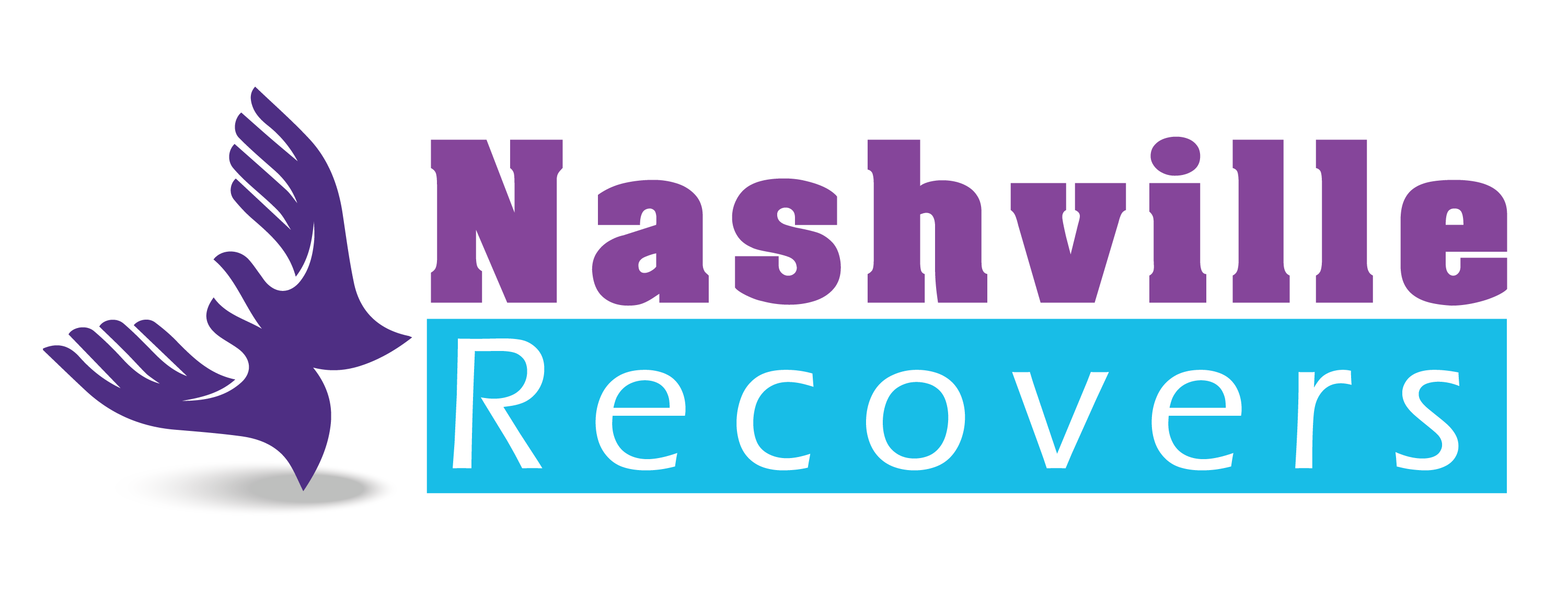When I think of my time as a patient at Cumberland Heights, I think of peace and serenity.
And then there was that one day in group when everything blew up.
All the male patients were in the main meeting room, about 75 or 80 of us. And the clinical associate — kind of a camp counselor at rehab — put a big number 5 on the board and a big 95 below that.
He stared at us, somewhat menacingly, before turning to the board and pointing at the 5.
“Only five percent of you will stay clean and sober when you get out of here. Five percent.”
He jabbed a finger at the 95.
“That means most of you will be drinking or using drugs within a few weeks of you gettin’ outta here.”
That’s when the room exploded.
It was, pardon the pun, a sobering stat – and one that some of the guys just didn’t want to hear.
“That’s bullshit!” one patient said. “You’re just trying to scare us!”
“F*&$ you!” another shouted. “So you tell us all this recovery crap and then tell us we’re gonna fail anyway?! Eat shit!”
 Two other patients actually jumped out of their seats and bolted while the clinical associates waved their arms, trying to get control of the room again.
Two other patients actually jumped out of their seats and bolted while the clinical associates waved their arms, trying to get control of the room again.
I’ve written in this blog about that relapse rate being so high, about the insidiousness of addiction.
Now, Cumberland Heights is launching a new tech-based program to chip away at that 95% — and it has detractors before it even launches.
The program is called Recovery Connection, and it gives an iTouch-like device to patients to carry for a year after they leave Cumberland Heights, an “electronic umbilical cord” between patient and treatment center, program director Sean Harrell says.
Patients would get these devices early on when they get to treatment. Each day, patients will:
- Enter what they got out of morning meditation;
- Enter which meeting they plan to attend and then enter afterward what they got out of that meeting;
- Enter some accountability at the end of the day in terms of what they could’ve done better or what amends or apologies they might owe.
When patients leave, they take the devices with them or they equip their own smart phones with the technology to keep the electronic check-ins going.
Patients would sign releases that would give access to what they enter in their recovery “app” to Cumberland Heights staffer – and maybe a sponsor and recovery buddies and a therapist or psychologist.
 And the Cumberland Heights staffer – which will be Sean Harrell at first – would monitor what the former patient has entered, at least once a week or so.
And the Cumberland Heights staffer – which will be Sean Harrell at first – would monitor what the former patient has entered, at least once a week or so.
The idea is to catch a former patient when he or she starts to struggle. Miss meetings for more than three days and you’ll get a call from Sean. The electronic program is also set to detect certain phrases or language – “F*& it”, etc. – that would alert Cumberland Heights monitors right away.
No matter what’s entered, a staffer would call at least once a week to check in on former patients.
And the program could also electronically connect the former patient with other former patients so that they could build a support network that way as well.
Recovery Connection is set to start with young men, 25 and under, at first. The thought is that young folks are all up in their Facebook and Twitter and SnapChat and what not, so they’re used to staying connected through technology anyway.
 But many former 20-something Cumberland Heights patients I talked to think that this “electronic umbilical cord” is a bad idea.
But many former 20-something Cumberland Heights patients I talked to think that this “electronic umbilical cord” is a bad idea.
“Something like this to me feels like a babysitting situation,” said one 25-year-old who asked not to be identified.
“If you take a young person and put them in a program where they feel like they’re monitored, they’re less likely to succeed.”
Tiffany, 24, agrees.
“I’m young but I’m an adult,” she said. “I don’t need someone telling me I need to check in. I think that’s ridiculous.
“Me checking in on a tablet isn’t gonna keep me clean. Meetings will keep me clean.”
Nick, 24, who has two years clean, says he relapsed when he left Cumberland Heights, and no device would have prevented that.
“I would’ve sold it for drugs,” he said.
Still, others say they’re intrigued by the idea.
“The part that’s really good is the accountability. Any type of journaling is good,” says 24-year-old Pat Z., a Cumberland Heights grad.
“I’m not gonna say 100 percent are gonna use it, but for those who are serious about recovery, yes, it’s good to be connected,” Pat said. “Like anything else, it’s an aid. I don’t think it’ll make or break someone’s recovery.”
Sean, the Recovery Connection director, says he gets the skepticism; he himself had his doubts when first approached about it.
But, he says, “the electronic device is just a tool. The coaching component is where it’s at, that weekly tune-up with a professional.
“The first thing everyone says is there’s no way a computer can do it. But the computer is just a way to get to the person,” Sean said.
“If one addict doesn’t go to the morgue behind this, it’s worth it.”
Sean also invites any Cumberland Heights alumni interested in being a support for these outgoing patients to contact him: Sean_Harrell@cumberlandheights.org.

Recent Comments